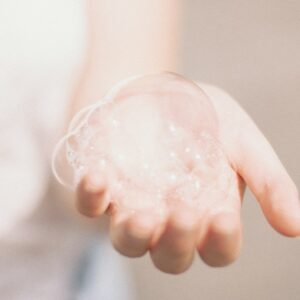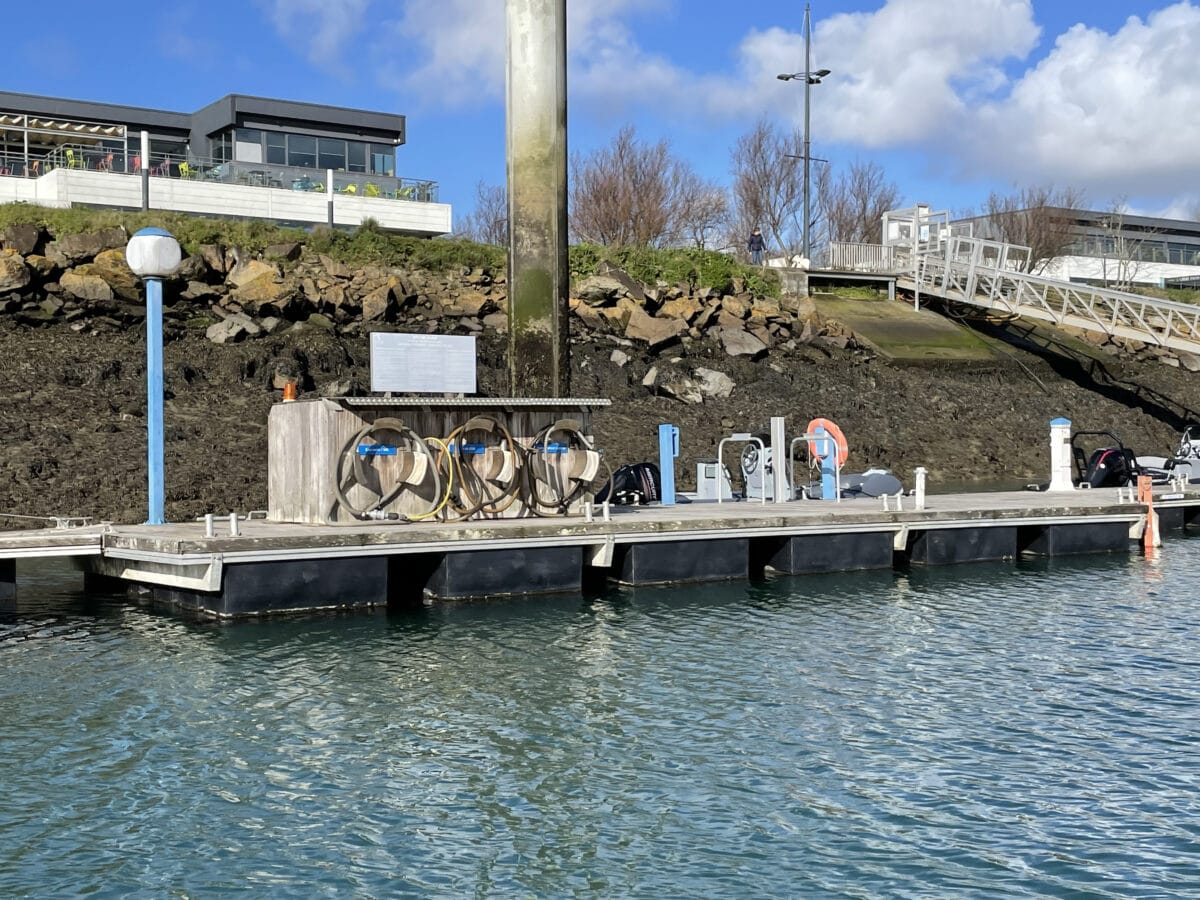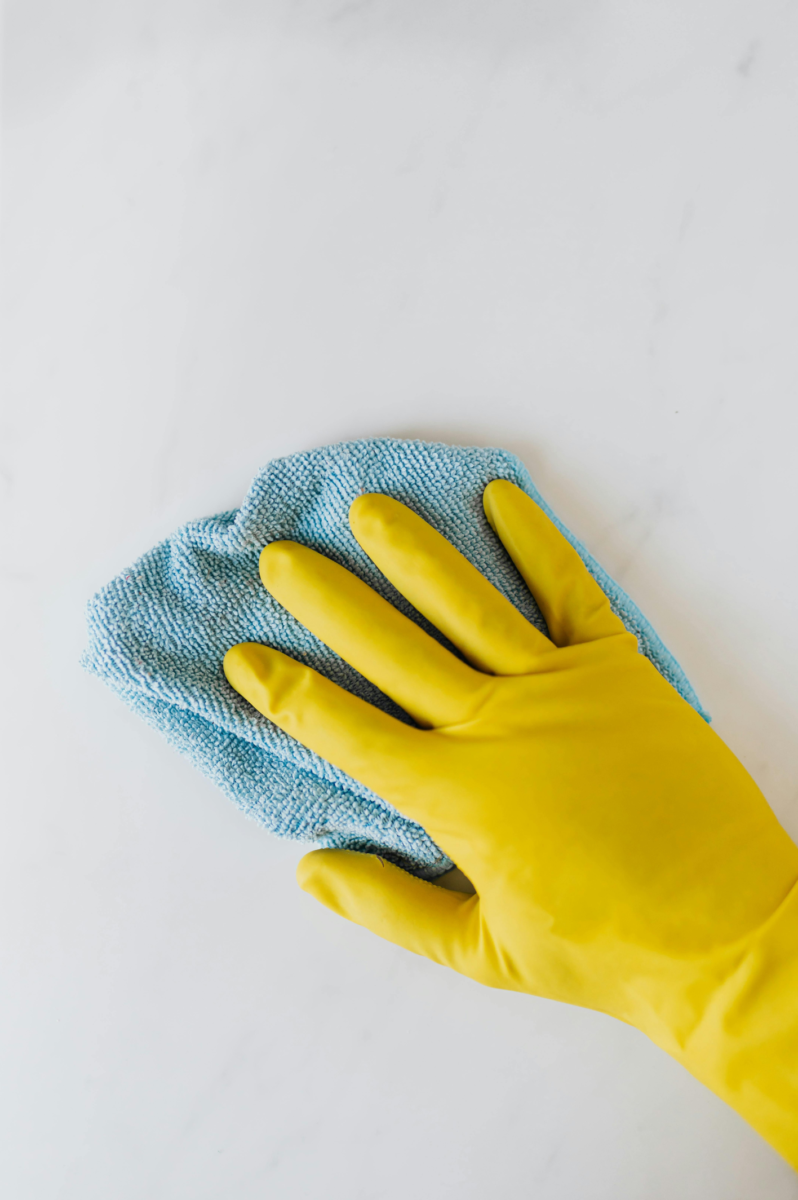Grey water on board: definition, impact and good practices
Did you know that grey water, generated by daily activities on board, has a significant impact on the marine environment? Too often neglected, it contains chemical and organic substances that threaten biodiversity and alter water quality. In this article, find out what grey water is, its effects on the ecosystem and the simple steps you can take to limit its impact while sailing responsibly.
What is grey water ?
Grey water, also known as ‘household water’, is simply water used for washing inside (sink, shower, washbasin, etc.) and outside (deck, cockpit, etc.).

Grey water is often considered less polluting than black water. Yet it contains chemicals that are harmful to the environment: washing-up liquid, soap residues, detergents, etc.
The impact of grey water on the environment
Unfortunately, grey water has an impact on the environment because:
- it disrupts oxygen exchanges: it contains organic residues, oils and detergents that disrupt oxygen exchanges in the water. Fats form a film that prevents oxygenation, while the decomposition of organic matter consumes oxygen. These disturbances can lead to a lack of oxygen, seriously affecting aquatic ecosystems.
- it endangers marine life: grey water can inhibit the growth of aquatic organisms, slowing their development. Chemical contaminants, like surfactants and oils, disrupt essential processes such as photosynthesis and metabolism. This affects plants, algae and marine animals, compromising the balance of aquatic ecosystems.
- it presents a danger to humans: cleaning products contain chemicals that can be allergenic or even carcinogenic. What's more, most of them are as useless as they are expensive.
- it ccentuates coastal erosion: when sea spray reaches the coast, it is contaminated by grey water and attaches itself to plants. This weakens them, and the loss of these plants accelerates coastal erosion.
Good practices on board and in the harbour
To reduce the impact of our activities, there are a few simple ecogestures to adopt:
- Use harbour facilities
To avoid discharging polluted water, give priority to using the showers and washbasins provided for yachtsmen. By using these facilities, you are helping to avoid discharging grey water directly into the sea, thereby preserving water quality and marine biodiversity.
- Use the grey water pump

Brest marinas are both equipped with black and grey water pumps. This allows you to empty your tanks while limiting pollution in the harbour.
- Use environmentally-friendly products
These days, there are several ecological solutions for maintaining your boat effectively while protecting the environment.
Use eco-labelled products containing surfactants and active ingredients of natural origin.
These multi-purpose products are highly effective and less polluting.

Taking action to reduce grey water pollution is essential to preserving our oceans and the ecosystems that depend on them. By adopting respectful practices, such as using port equipment and environmentally-friendly products, every yachtsman can help to limit his or her environmental footprint. Protecting the sea also means guaranteeing a healthy environment for future generations. Thanks to good practice, we can make boating a sustainable leisure activity! 🌊
Want to find out more about the eco-actions you can take on board and at sea? Check out the Manche Atlantique eco-gestures website.
 Warning, you are using an insecure browser!
Warning, you are using an insecure browser!